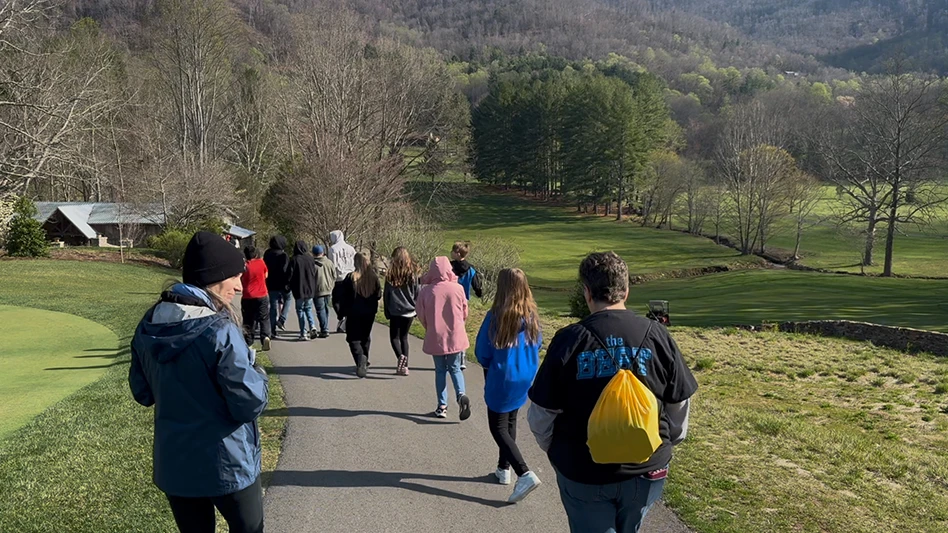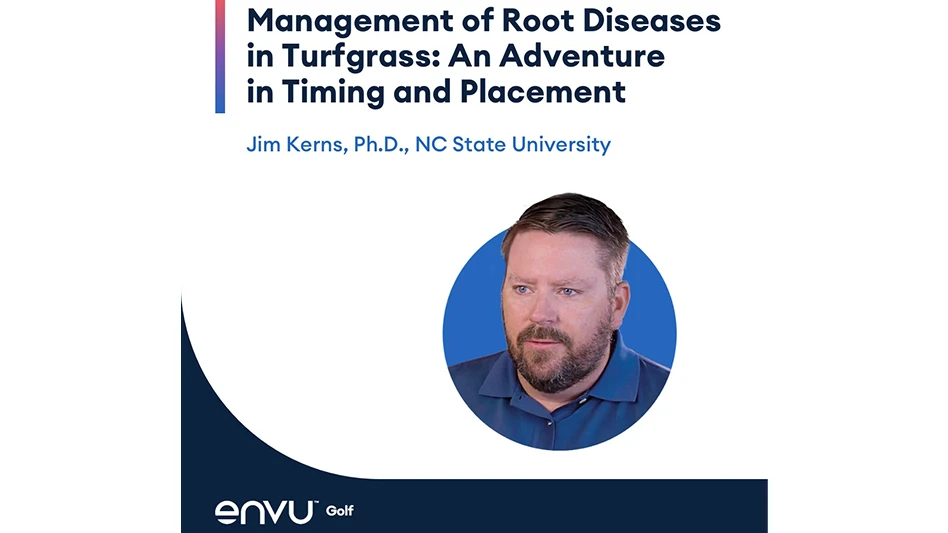
A recent article in Golf Digest asked: How should a golfer voice their concerns, questions or feedback on course conditions to the superintendent?
It’s certainly worth pondering and debating, but I was bothered by the responses, which came from only two superintendents, both at private-equity clubs in the Northeast. And only one of them really indicated a preference, which was to hear from the members by email or through the green committee.
Wait a minute. If I’m a member of a private club, I’m going to feel entitled to walk up to the superintendent any time I like, ask a question, and expect an answer on the spot.
As well the member should. And maybe because I’m old school, I think talking to someone face-to-face is much better than trying to understand and answer by email.
But I get it. If our job were nothing more than spending half-hour after half-hour talking to golfers, driving to the trouble spot, and explaining meteorology, biology and soil science, that would be great. You have a few other things to do today. And every day.
What is the best way to handle golfers’ questions and comments? I can tell you what it is not: “I would talk to you, but you don’t know what you’re talking about.”
Start by thinking about what’s best for you. Do you like the one-on-one with members or golfers, taking a few minutes to communicate and educate? Can you spare the time? If you’re at a private club, do you get the sense that’s what is expected? Are you likely to lose your cool?
Are you already regularly communicating with members? Are they comfortable with you and you with them? Or do you drive the other way when you see someone approaching? What does the green committee, or other management, think is appropriate? Do they want to be the conduit between you and the people playing on your golf course? Is the club willing to institute a policy, or at least make it known that there is a best way to communicate with you?
I believe part of our job is communication. Your customers are never going to learn if you don’t talk to them. Get in front of the members, explain what you’re doing and why, and be prepared for questions.
Use that time to let them know the most effective way to reach you—email or face-to-face—and tell them that you’ll respond as quickly as possible. Then do so.
Now that they know how to get to you, who are you going to hear from? See if any of these characters sound familiar.
Captain obvious
This is the helpful sort who feels the need to tell you things you already know. Such as, “The course is very soft because it rained last night,” or “At the end of the day the bunker rakes are scattered all over the place.”
Thanks for the bulletin. Oh, by the way it should be obvious that if I’m standing in a ditch holding a shovel and up to my knees in water — “Fixing a water break?”— this probably isn’t the best time to chat.
Comparative analyst
Think about this: A brain surgeon and a heart surgeon are both surgeons, but they operate on different body parts. Superintendents operate in different climates, on different grasses, and with different budgets.
As nicely as possible, ask the golfer what kind of grass is on his other course, how much rain do they get and when, what’s the maintenance budget, and what time of year do they play there.
Eddie Haskell
For those of you too young to remember, he was the kiss-ass tattler on “Leave It to Beaver.” This is the golfer who complains about the conditions to everyone else — other golfers, the pro, the GM — but never talks to you.
The ghoul
What I mean is that the previous superintendent just left — the body is still warm — and this complainer must tell the new superintendent all the bad things their predecessor did.
If you’ve made it clear to golfers that you will listen — when the time is right — you can carefully handle all these complainers you’re sure to encounter. Pull back the curtain a little bit, show them you’re just as enthusiastic about course conditioning as they are, and make sure they know that when there are real problems, you want to hear them.

Explore the August 2024 Issue
Check out more from this issue and find your next story to read.
Latest from Golf Course Industry
- From the publisher’s pen: Watery dilemma
- The Aquatrols Company hires marketing manager
- Renovating Bredemus in West Texas
- Renovation starts at Okatie Creek GC at Sun City Hilton Head
- The Fittest Podcast in Turf: Episode 1
- New 6-hole course debuts in Oklahoma
- GCSAA announces Grassroots Ambassador Leadership Award recipients
- Reel Turf Techs: David Gummo





